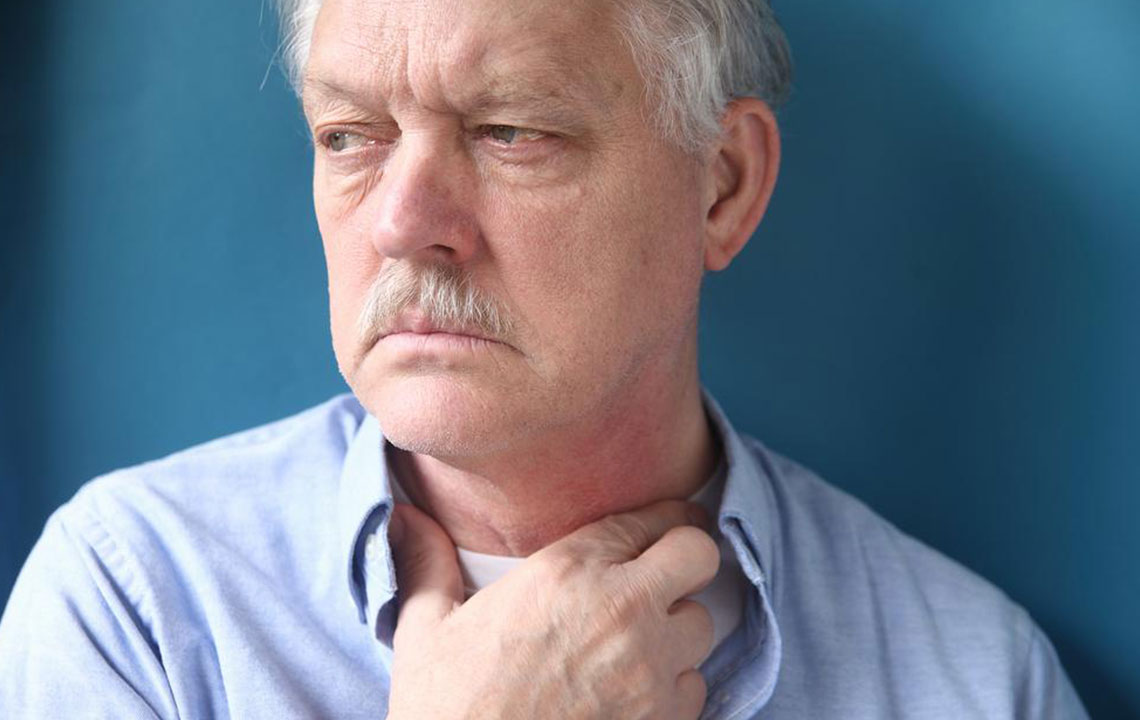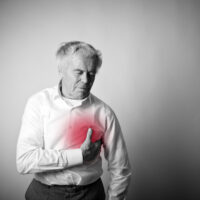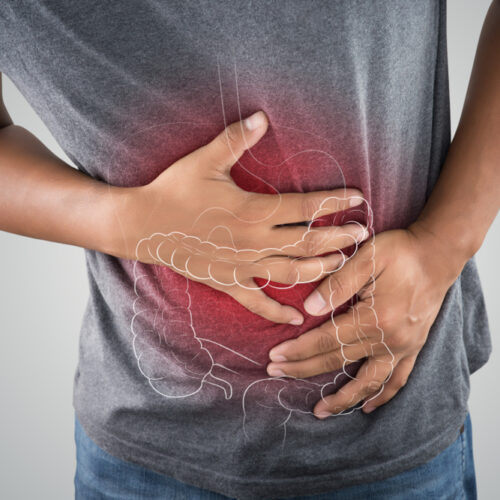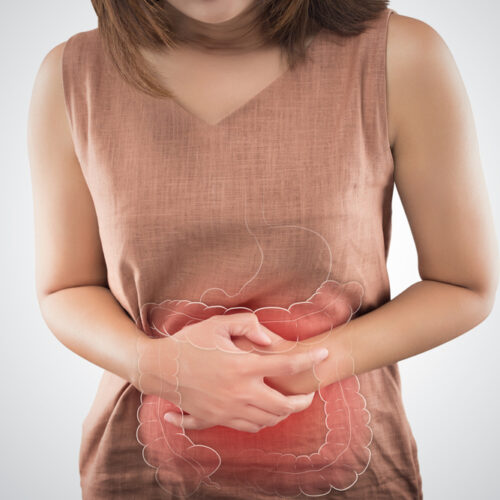What you should know about non-Hodgkin lymphoma
There are over 200 different types of cancer. Each has its own name and has different treatment options. It is estimated that more than 72,000 patients of the United States will undergo non-Hodgkin lymphoma (NHL) diagnosis in the year 2017. Some types of NHL spread very slowly and thus they might not require any non-Hodgkin lymphoma treatment for some months or years.

What is NHL?
Just like other cancer types, NHL is a severe disease that affects the body cells. In non-Hodgkin’s lymphoma, blood cells known as lymphocytes become abnormal. Such abnormal cells keep on dividing and growing, and the body is unable to control this phenomenon on its own. Slowly, a situation arises when the total number of lymphocytes increases and forms a lump known as tumor. Lymph nodes are one of the most common places for this to occur. But, NHL may affect any body part such as small intestine, stomach, skin, testicles, tonsils, etc.
Non-Hodgkin’s lymphoma begins to spread from the originating place to the other parts of the person’s body. It may travel through the lymphatic system to some other lymph nodes as well through the bloodstream to organs like lungs, liver, etc. On reaching a new body part, such cancerous lymphocytes again start dividing and form another tumor. Non-Hodgkin lymphoma treatment is used to treat patients with NHL based on the stage and type of lymphocytes.
Causes of non-Hodgkin’s lymphoma
Researchers, as well as physicians, are not aware of the exact cause of non-Hodgkin lymphoma. The one known fact is that such a disease occurs when a person’s body grows excessive abnormal lymphocytes. Instead of dying, such cells keep on growing with further divisions. The lymph nodes become enlarged in this manner.
Certain factors which might maximize NHL’s risk include exposure to chemicals like insect killers, consuming immune-suppressant drugs, etc.
After diagnosis, a team of cancer care experts will discuss the non-Hodgkin lymphoma treatment options. You must think carefully and know the benefits and side effects of each treatment before choosing one.











